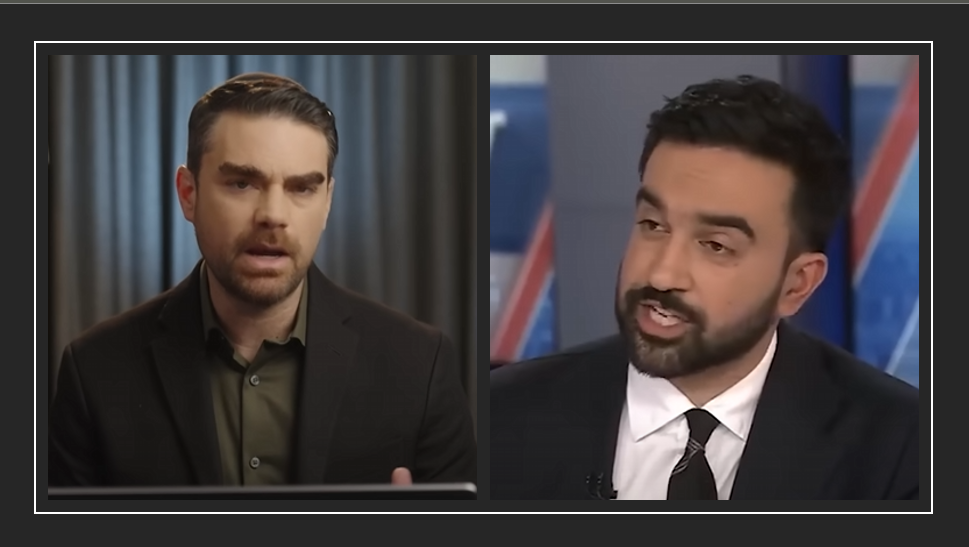If you’ve ever wondered what happens when Twitter activism meets real-world policy, look no further than Zoran Mamdani. The self-styled progressive darling of New York politics built his name on calling the NYPD racist, corrupt, and a “threat to public safety.” Then, in a sudden twist that would make a Broadway actor jealous, he hit the Fox News stage to apologize. Why? Because somewhere between his campaign office and Martha MacCallum’s studio, Mamdani realized most New Yorkers actually like the idea of being safe. His “apology” to police sounded less like remorse and more like a nervous intern trying to talk his way out of being fired. Anyone who’s spent five minutes talking to real NYPD officers knows they aren’t buying it.
The Art of the Hollow Apology
When Mamdani told Martha he “wants to work with police,” it sounded about as sincere as a politician promising not to raise taxes. The timing says it all—he didn’t apologize when he first smeared them, or when crime started rising, but right before an election. That’s not courage; that’s choreography. The truth is, Mamdani is fluent in political theater. He speaks eloquently, looks the part, and sells his radicalism with a calm, polished tone. But scratch the surface and the act falls apart faster than a city council promise. New Yorkers don’t need another politician rehearsing empathy—they need leaders who actually respect law enforcement and understand that safety isn’t a talking point.
The “Free Everything” Fantasy
Then there’s his latest bright idea: making all public buses in New York City “free.” Sounds great on a bumper sticker—until you realize “free” means “paid for by someone else.” Mamdani’s plan is to hike taxes on the top 1% and corporations, which in progressive math means chasing away the only people still paying the bills. The irony is that he wants to fund a city that’s already overtaxed, overregulated, and struggling to keep its middle class. Making public transit free won’t fix the system; it’ll just strain it. Government never makes something cheaper or better by removing accountability. Ask anyone who’s been to the DMV.
How to Empty a Great City in Three Easy Steps
If you wanted to destroy a thriving city, you’d start by making it hostile to taxpayers, friendly to chaos, and allergic to common sense. In that sense, Mamdani’s playbook is a master class. Higher taxes, fewer cops, softer laws, and more “free” programs that cost everyone more in the long run. It’s the same formula that hollowed out San Francisco and Chicago, now being imported straight to the five boroughs. The people who can afford to leave will leave, and the ones left behind will pay for policies they never asked for. This isn’t progress—it’s regression with a press release.
The Debate We All Want to See
Now, I’ll admit something: I’d actually love to see Zoran Mamdani debate Ben Shapiro. Picture it—Mamdani, the smooth-talking progressive idealist with his artfully crafted arguments, facing Shapiro, the human facts machine with a stopwatch for a brain. Mamdani’s articulate, sure. He’s young, confident, and clearly rehearsed. But when it comes to the substance, he’d be outmatched within minutes. Shapiro would take his talking points apart like a mechanic dismantling a toy car. It would be entertaining, enlightening, and—let’s face it—brutal. Not because Mamdani’s dumb (he’s not), but because his ideas simply don’t survive contact with reality.
A City at a Crossroads
New York has a choice to make. It can double down on common sense, respect for law enforcement, and policies that reward hard work—or it can keep buying into the illusion that you can tax and regulate your way to paradise. Zoran Mamdani represents that illusion, wrapped in eloquence and served with a smile. But no amount of polish can disguise a bad idea. The question for New Yorkers is whether they’ll see past the act before the curtain falls on their city’s future.
Editor’s Note: This article reflects the opinion of the author.
WE’D LOVE TO HEAR YOUR THOUGHTS! PLEASE COMMENT BELOW.
JIMMY
We welcome open discussion and thoughtful opinions — even strong disagreements — but comments containing profanity, personal attacks, or hate speech will be removed. Keep it civil, keep it smart, and keep it focused on the ideas.
h/t: Steadfast and Loyal


Leave a Comment